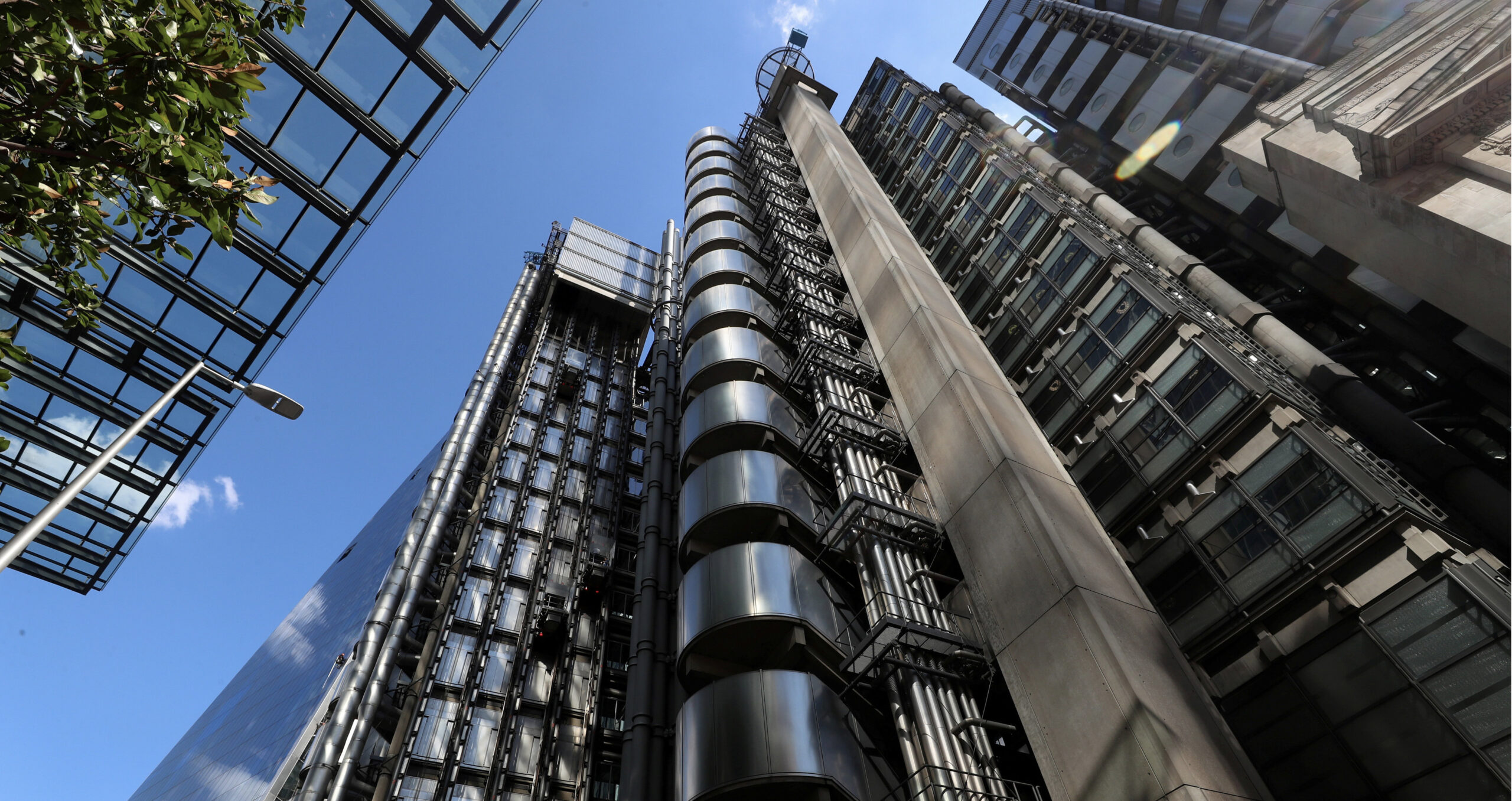

Activist Greenpeace Nordic is calling on the Lloyd’s of London market to cease insuring ‘new and expanded’ oil, coal and gas projects in Norway and across Europe.
Lloyd’s of London has been criticised by campaigners over its perceived status as “the most important insurance partner in the quest for new oil and gas fields in Norway”.
In a new report, Greenpeace Nordic singled out the London-based market where insurers negotiate contracts, and has called on all insurance and reinsurance companies operating in Norway and across Europe to stop covering “new and expanded” oil, coal and gas projects.
The activist group has also demanded that these companies stop insuring new fossil fuel customers that are not aligned with “a credible 1.5C pathway”, and to end their insurance provision for projects that involve the expansion of oil, coal and gas with existing clients.
Greenpeace named 69 companies that are insuring oil groups looking to set up new offshore oil and gas fields in Norway. The country owns the vast majority of Europe’s oil and gas reserves, which are mostly found in the North Sea.
The campaigner said that 51 of Lloyd’s syndicates, managed by 28 insurance businesses, are underwriting insurance and reinsurance for companies with new offshore projects under way.
It added that Lloyd’s syndicates have signed insurance with companies active in 35 out of 38 new oil and gas projects in Norway. Twenty of these underwritings are with oil company Aker BP.
“This makes Lloyd’s the most important insurance partner in the quest for new oil and gas fields in Norway,” it said.
New insurance
Greenpeace activists are not alone in putting pressure on Lloyd’s over climate. On May 25, Money Rebellion — a subgroup of Extinction Rebellion — announced that activists had covered a Lloyd’s office in black paint to coincide with its annual meeting.
In its “Ensuring Disaster” report, Greenpeace has also called for the divestment of assets from coal, oil and gas businesses that lack alignment with the 1.5C global warming target and the adoption of targets for reducing insured emissions by July 2023.
It has also demanded mechanisms to ensure that insurance clients are respecting human rights. “The main responsibility lies with the Norwegian government and the oil companies that disregard the effects of their business on the climate,” Greenpeace said, naming a range of oil majors that include BP, Shell and TotalEnergies.
The Norwegian government declined to comment.
Greenpeace described insurance giants including Lloyd’s, Allianz and Zurich as “accomplices” in “climate crimes”, which “seem to value cash over climate”.
An International Energy Agency report published in 2021 said that there could be no new investments in oil, gas and coal if global warming was to be kept within the Paris Agreement target.
In an environmental, social and governance report issued in 2020, Lloyd’s said that it would “start to phase out insurance cover for, and investments in, thermal coal-fired power plants, thermal coal mines, oil sands, or new Arctic energy exploration activities”.
“From January 1 2022, Lloyd’s managing agents will be asked to no longer provide new insurance coverages or investments in these activities,” it continued. Managing agents would be asked to phase out existing cover by the start of 2030.
A 2022 ESG report, meanwhile, stated that Lloyd’s has “set a target for the corporation to be net zero by 2025 in terms of our own operations, and have further strengthened this by committing to transition all our operational and attributable greenhouse gas emissions to net zero by 2050, aligning with the Paris Agreement goals to limit global warming to 1.5C”.
Transition plans
However, a report by insurance broker Alesco, published in 2022, indicated that not all of Lloyd’s syndicates have followed this request.
“Many have chosen to remain with the existing policy of not putting any new coal accounts on to their books, but others have adopted a policy of accepting new business where the client can demonstrate a clear approach to working towards an orderly transition to renewable energy,” the Alesco report stated.
Greenpeace said: “It’s long overdue for the board of Lloyd’s of London to enact and enforce an ESG policy that is in line with the Paris Agreement’s goal of limiting global warming to 1.5C. This involves not providing insurance to oil companies that plan new oil and gas fields.”
A Lloyd’s spokesperson said: “Lloyd’s is committed to insuring the transition by providing the vital risk management solutions that will support resilience, transition and growth.
“We have aligned our climate approach and activities to the UK government’s policy in achieving net zero by 2050 and have set out our position in the guidance provided to managing agents, which covers both underwriting and investment, to help managing agents in forming their plans to net zero.
“As all insurance in the Lloyd’s market is underwritten by the managing agents, not Lloyd’s itself, it is for the individual businesses that operate in the Lloyd’s market to make their own business and strategy decisions,” they added.
A spokesperson from the Association of British Insurers told Sustainable Views: “While some insurers have opted to decline to cover certain projects, such decisions are only ever taken after careful consideration as they may have knock-on effects on the protection of workers and those living near such facilities.”
Similar Articles

Investors urge HSBC to set green finance targets at AGM

In Charts: Climate change will impact medium-term investments, say institutional investors


